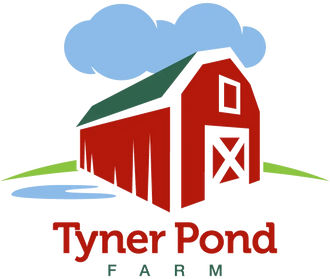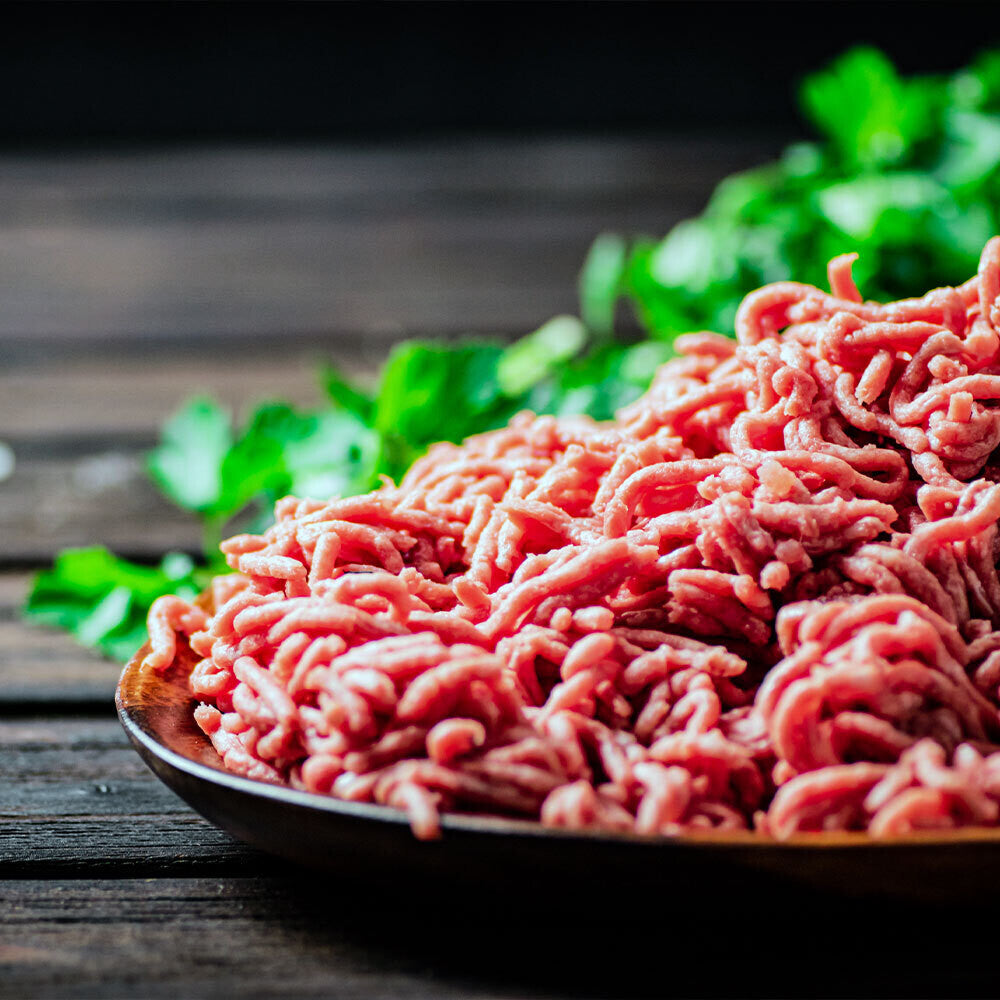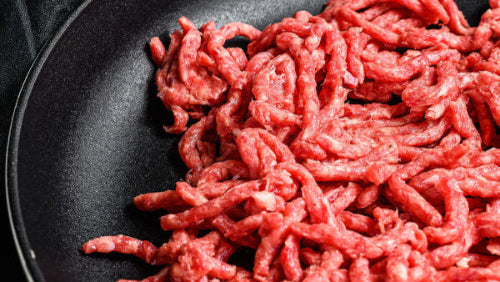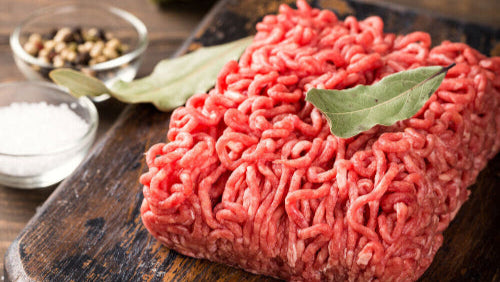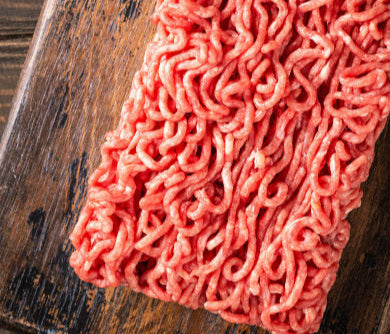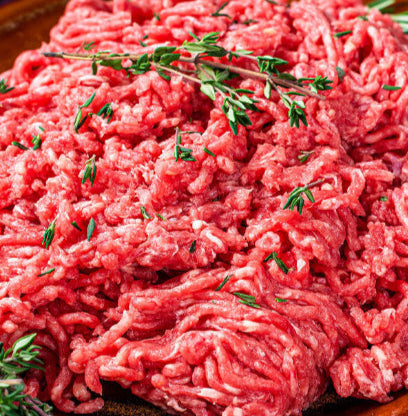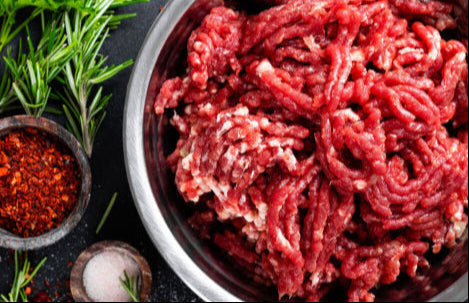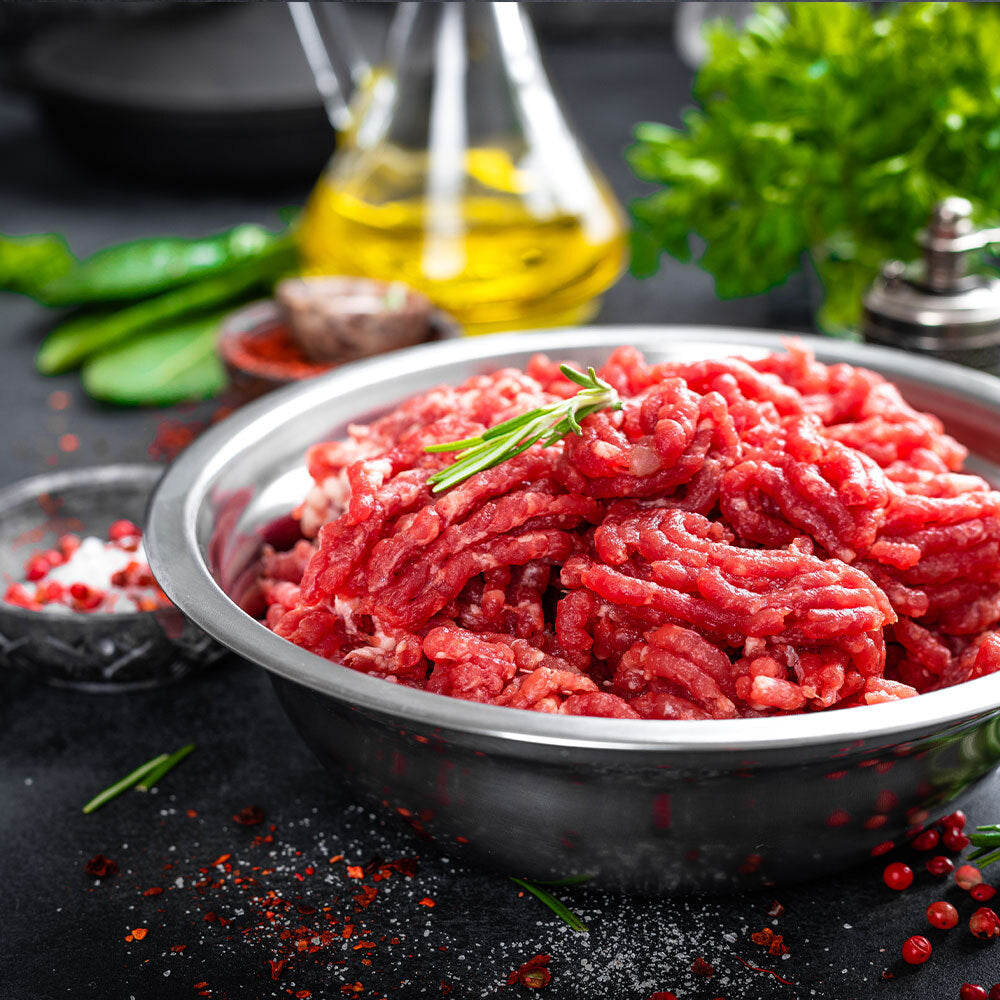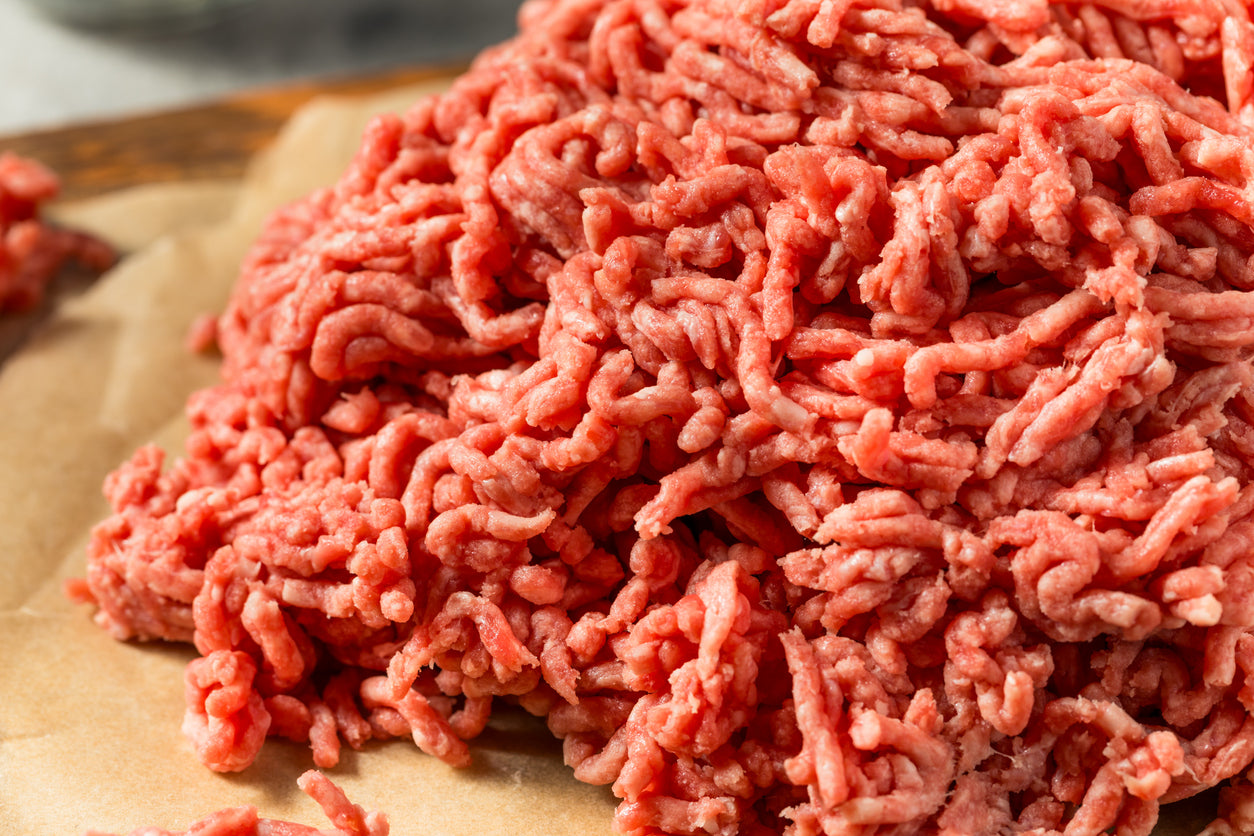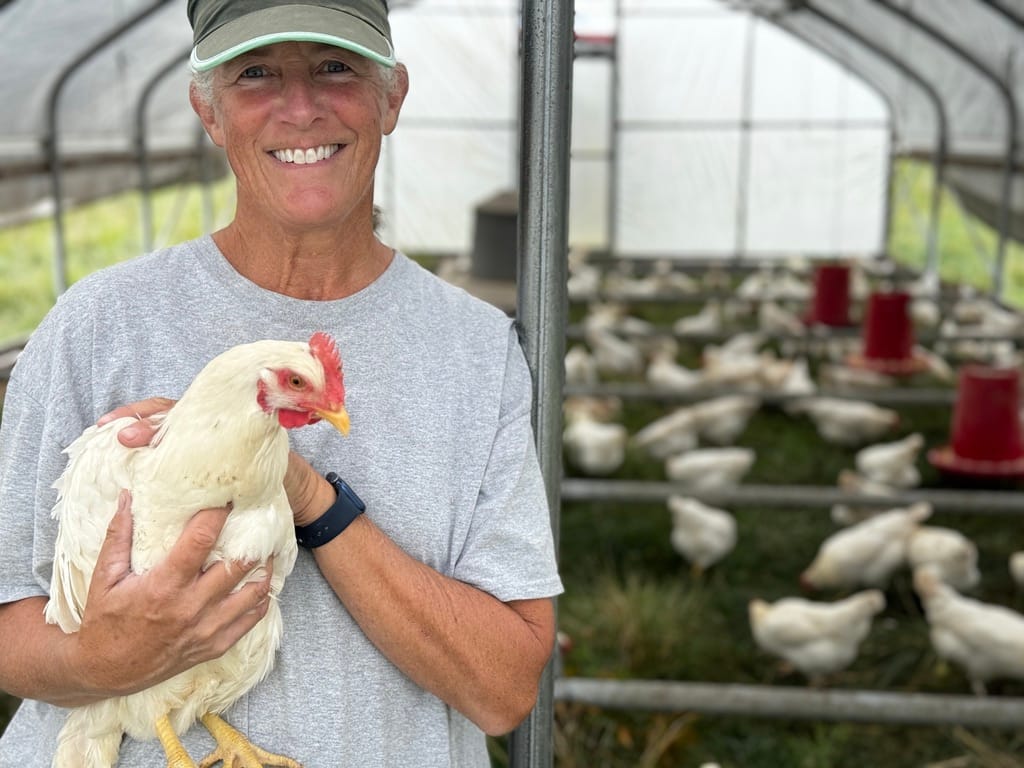
The FSIS Salmonella Proposal: A Dangerous Threat to Small Producers
The Food Safety and Inspection Service (FSIS) has introduced a new regulatory framework to address Salmonella contamination in poultry products. While the stated goal—to reduce foodborne illnesses—is admirable, the proposal is deeply flawed in its execution. It places an overwhelming burden on small producers and processors while failing to address the root cause of the problem: the industrial poultry system.
As a small producer operating a pastured poultry system with daily rotational grazing, I know firsthand that sustainable practices prevent the very issues FSIS seeks to solve. This post explains why this proposal is not only misguided but actively harmful to small operations like mine, and why it does little to address the real issue at hand.
Industrial Practices Are the Real Problem
Foodborne illnesses from Salmonella are a serious issue, but the data consistently show that the problem originates in industrial confinement systems. These systems prioritize high-volume, low-cost production at the expense of animal welfare and food safety. Chickens raised in overcrowded, unsanitary environments are more likely to harbor harmful pathogens, including Salmonella. In contrast, pastured poultry systems like ours—where birds are rotated daily to fresh pasture—naturally mitigate the risks of contamination. Our birds have access to clean environments, varied diets, and natural behaviors, resulting in healthier flocks and safer products.Why the FSIS Proposal Harms Small Producers
The FSIS framework proposes stringent standards, including mandatory Salmonella testing at multiple points in the production process and microbial monitoring programs that rely on statistical process control (SPC). While these measures might seem reasonable on the surface, they disproportionately impact small producers and processors:- High Costs: Testing and compliance systems are expensive, especially for small operations with limited resources. Even with proposed provisions like free FSIS laboratory services for very small (VS) and very low volume (VLV) establishments, the administrative and logistical burdens remain overwhelming.
- Increased Complexity: The framework requires detailed sampling plans, paired sampling at multiple points (rehang and post-chill), and ongoing data submission. For small producers, this creates significant operational challenges that industrial producers can easily absorb.
- Erosion of Viability: By forcing small producers to comply with regulations designed for industrial systems, including mandatory vaccination programs, FSIS risks driving independent farms and processors out of business. This is not only a loss for producers but for consumers who value sustainably and ethically raised food.
Misguided Attempts to Address Small Producers’ Needs
The FSIS proposal mentions "considerations for small and very small establishments," including phased implementation timelines and free laboratory services. However, these measures fall short:- Testing Burden Remains: Even reduced requirements add unnecessary complexity to systems that already operate safely.
- No Real Exemption: The framework acknowledges that small producers face unique challenges but fails to exempt them from regulations that target industrial practices.
- Failure to Distinguish Practices: There is no recognition of the safety inherent in pastured poultry systems compared to confinement operations.
The Solution Lies in Reforming Industrial Systems
Instead of penalizing small producers, FSIS should focus on the real issue: industrial confinement systems. Measures like improving sanitation, reducing overcrowding, and eliminating practices that promote cross-contamination in processing plants would have a far greater impact on reducing foodborne illnesses.Moreover, FSIS could support small producers by:
- Exempting Pastured Systems: Acknowledge the inherent safety of rotational grazing and exempt these systems from industrial-focused requirements.
- Promoting Transparency: Allow consumers to make informed choices by emphasizing labeling and traceability.
- Encouraging Decentralized Production: Strengthen food security by supporting diverse, local production models rather than centralizing control.
Call to Action
This proposal underscores how broken our industrial food system has become. By prioritizing cheap, confinement-raised chicken, FSIS is addressing the symptoms of the problem, not its root cause. Consumers can help by supporting small, pastured poultry producers and voicing opposition to this harmful proposal. Contact your legislators, submit comments to FSIS, and advocate for policies that promote sustainable, ethical food production. The future of food safety doesn’t lie in blanket regulations that handicap small producers. It lies in fostering a system that values transparency, sustainability, and the health of both people and the planet. The button below will lead you tot he government form to be heard. So far there are only 1,500 comments. mostly from industry in favoe =r of this proposal. we have 32,000 Facebook followers...let's overwhelm them. [fusion_button link="https://www.regulations.gov/commenton/FSIS-2023-0028-0007" title="" target="_self" link_attributes="" aria_role_button="0" alignment_medium="" alignment_small="" alignment="" modal="" hide_on_mobile="small-visibility,medium-visibility,large-visibility" sticky_display="normal,sticky" class="" id="" color="default" button_gradient_top_color_hover="" hue="" saturation="" lightness="" alpha="" button_gradient_top_color="" button_gradient_bottom_color_hover="" button_gradient_bottom_color="" gradient_start_position="" gradient_end_position="" gradient_type="" radial_direction="" linear_angle="" accent_hover_color="" accent_color="" type="" bevel_color="" bevel_color_hover="" border_top="" border_right="" border_bottom="" border_left="" border_radius_top_left="" border_radius_top_right="" border_radius_bottom_right="" border_radius_bottom_left="" border_hover_color="" border_color="" size="" padding_top="" padding_right="" padding_bottom="" padding_left="" fusion_font_family_button_font="" fusion_font_variant_button_font="" font_size="" line_height="" letter_spacing="" text_transform="" stretch="default" margin_top="" margin_right="" margin_bottom="" margin_left="" icon="" icon_position="left" icon_divider="no" hover_transition="none" animation_type="" animation_direction="left" animation_color="" animation_speed="0.3" animation_delay="0" animation_offset=""]Post Your Comment Here[/fusion_button]
Tags:
